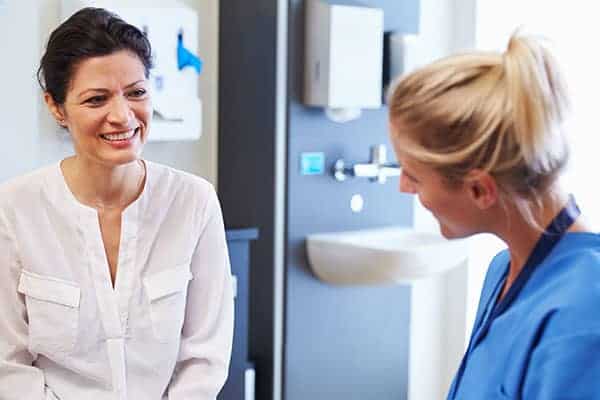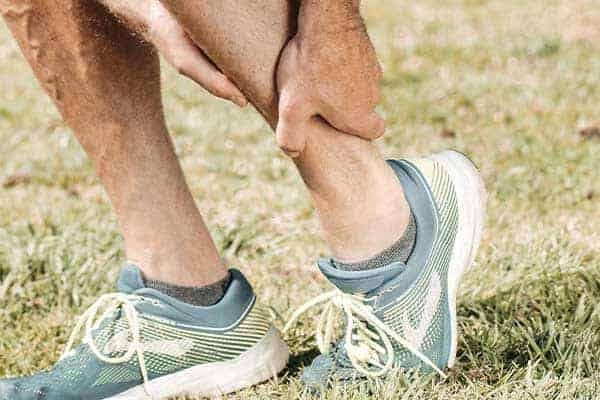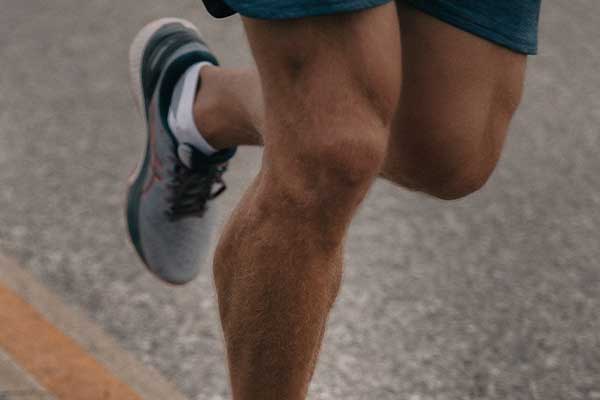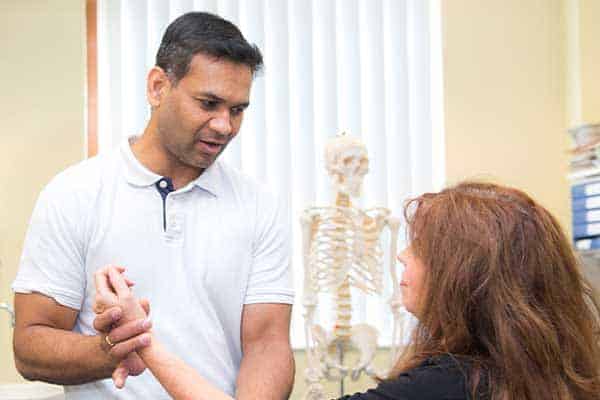Shin splints are a common type of pain in the front of your lower leg that is usually caused by exercise.
The medical term for shin splints is ‘medial tibial stress syndrome’.
What causes shin splints?
When you run or jump, this can overload the muscles in your lower leg that attach to your shinbones.
Often, this happens when you have increased the amount of running you do, increased its intensity, or decreased the amount of rest and recovery time between your activities.
Shin splints may also be linked to poor running technique, or to running and jumping on hard surfaces.
What are the symptoms of shin splints?
For most people:
- You feel pain on the inside of your shinbone, normally the lower two thirds.
- Your pain develops when running and gets better when you rest.
- You experience tenderness in the area.
For some people:
- You may find the pain is bad at the start of a run, goes away, then returns after the run.
- You may see swelling in the shin area.
How are shin splints diagnosed?
There is normally no need to seek an assessment from your GP, unless you have tried to treat the pain yourself and it has not improved after a few weeks or has got worse.
What are the treatment options for shin splints?
It is important to manage pain and swelling during the first few days so that your muscles and shinbone have a chance to recover.
Until the pain eases and you feel comfortable resuming your day to day activities, it is best to avoid running and jumping.
However, you can start immediately with exercises to maintain or build up muscle strength in your lower leg. Just avoid anything that makes the pain get worse.
When resting, put an ice pack on the shin area for 10-20 minutes, every 2-3 hours, to relieve pain. (Do not put ice directly next to skin as it may cause ice burn. Wrap it in a damp tea towel. Remove the pack if irritation increases. Allow the area to return to normal temperature before reapplying the ice.)
You could try anti-inflammatory painkillers such as Ibuprofen. Some anti-inflammatory painkillers also come as creams or gels, which you can rub over your shin area. These tend to produce fewer side effects than those taken by mouth. If you cannot take anti-inflammatory painkillers, other painkillers such as paracetamol, with or without codeine added, may be helpful. Ask your doctor or pharmacist for advice.
As the pain starts to improve, you can move on to a broader range of exercises, but do not resume running until you feel able to do so without pain.
What is the prognosis (outlook) for shin splints?
While painful, shin splints is not a serious condition and should resolve itself fully within a few weeks if you take a break from the activity that appeared to cause it.
If your symptoms do not improve, talk to your GP. They may refer you to a physiotherapist.
How can I prevent recurrence of shin splints?
When you return to running or any other activity that you think was linked to your shin splints, you should use a structured and disciplined approach to ensure your body is ready.
This includes making sure that the pain has calmed down and is not disturbing your sleep, that you are not relying excessively on pain medication, and that you have been slowly building up your exercises without discomfort.
Check your technique and your footwear to see if they can be improved. Warm up before and stretch after exercise, and if possible exercise on softer ground.
Recommended exercises (click to expand):
Single leg stance small arc
- Using a wall or the back of a chair for support if you need it, stand on your injured leg and bend the other knee to lift the uninjured leg out of the way.
- Balancing on your injured leg, and keeping the heel on the ground, slowly bend that knee to lower yourself as far as is comfortable.
- Ensure that your knee moves forwards over your toes, not out to the side.
- Straighten up and repeat the movement.

How to get referred
Find out how to get referred to Practice Plus Group MSK & Diagnostics for NHS treatment.




